The successful running of computer systems depends on effective cooling solutions. Among the critical components in cooling systems, 40mm CPU fans play a crucial role in ensuring efficient heat dissipation. This article explores the significance of 40mm cooling fans in system cooling, their capacity to optimize system longevity, their ability to navigate thermal challenges, as well as future innovations in 40mm cooling fan technology.
Optimizing System Longevity with the 40mm Cooling Fan
The 40mm cooling fan is a compact solution that plays a pivotal role in preventing the overheating of computer components. It ensures a stable temperature range by efficiently dissipating heat from the CPU, reducing the risk of damage caused by excessive heat. By consistently maintaining the optimal operating temperature, the 40mm cooling fan helps extend the lifespan of sensitive computer components, including processors, motherboards, and memory modules.
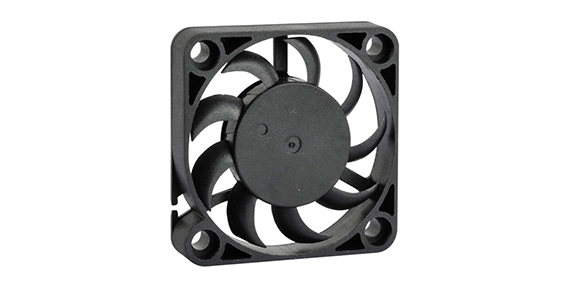
Navigating Thermal Challenges with the 40mm Cooling Fan
Computer systems face constant challenges when it comes to managing heat dissipation. The continuous evolution of high-performance processors and graphics cards intensifies this challenge. However, 40mm cooling fans provide a reliable solution in managing thermal levels. The compact size of these fans allows them to be integrated into tight spaces inside computer cases, ensuring that heat is efficiently expelled from critical components.
40mm cooling fans utilize advanced design features such as high rotational speeds and aerodynamic blade design, enabling them to effectively direct airflow over heat-generating components. The enhanced airflow generated by these fans helps to dissipate heat quickly, preventing overheating issues and maintaining optimal system performance.
The Future of Cooling: Innovations in 40mm Cooling Fan Technology
As technology continues to evolve, the demand for innovative cooling solutions grows. The future of the DC axial fan is focused on enhancing their efficiency and noise reduction capabilities. The manufacturers of 40mm cooling fans, such as XIE HENG DA, are investing in research and development to introduce new fan designs that achieve higher airflow rates with reduced noise emissions.
Innovations in fan blade designs, such as curved and asymmetrical blades, are being explored to optimize airflow patterns and increase cooling efficiency further. Additionally, advancements in bearing technologies, such as magnetic levitation and fluid dynamic bearings, contribute to quieter operation and enhanced fan lifespan.
The 40mm CPU cooling fan plays a vital role in maintaining system longevity and managing thermal challenges in computer systems. These compact-sized fans are highly effective in dissipating heat generated by demanding components and ensuring the overall stability and reliability of the system. With ongoing innovations in 40mm cooling fan technology, we can expect even greater efficiency, reduced noise emissions, and increased system performance in the future. As the demand for more powerful computing systems continues to rise, the role of 40mm cooling fans will remain crucial in maintaining optimal operating temperatures and extending the lifespan of essential computer components.
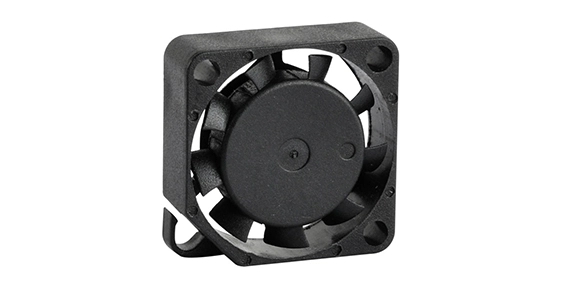

 EN
EN 

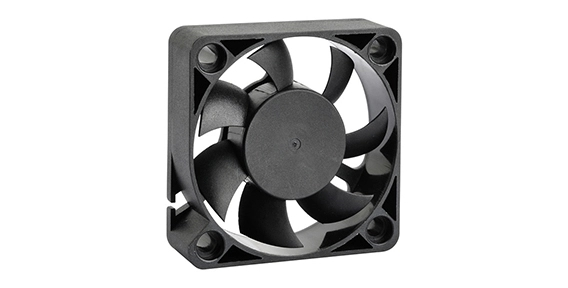 +
+
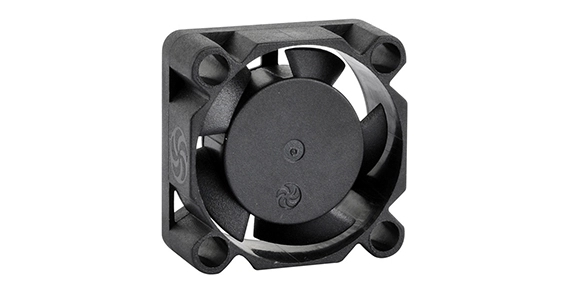 +
+
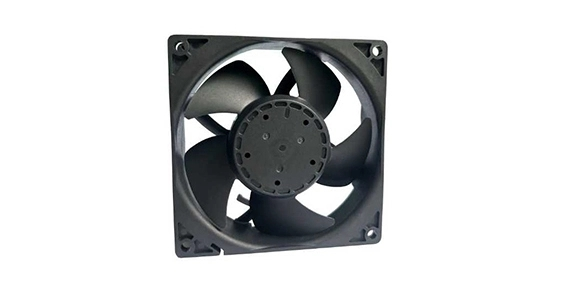 +
+



